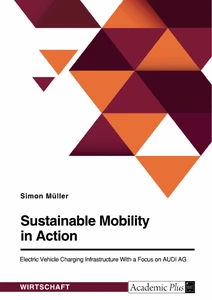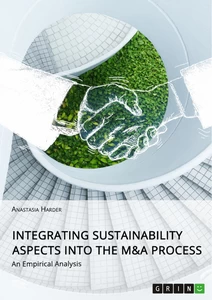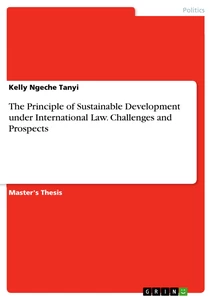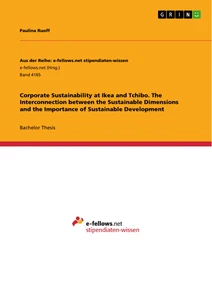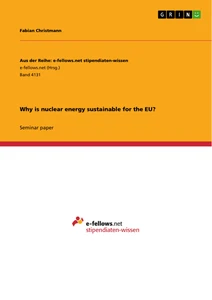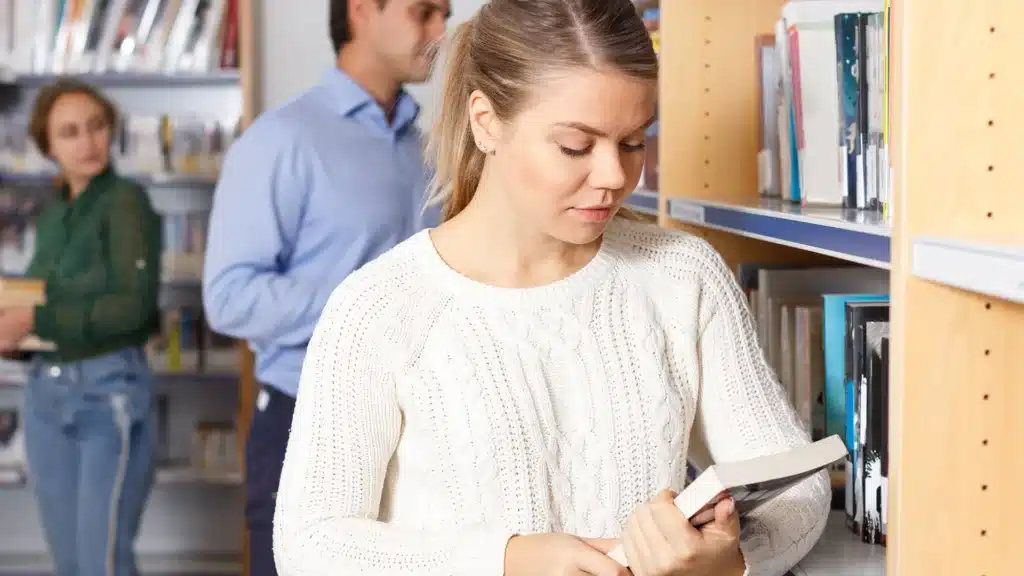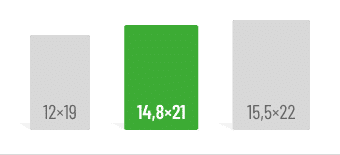First things first:
- Sustainability is very easy and even saves money.
- You can save food, avoid waste, buy second-hand and adjust your vacation plans.
- Sustainability is easy to incorporate into your everyday life.
As more young people focus on environmental protection, many are in their student years. With growing independence comes greater responsibility. While you might have previously relied on your parents for meat purchases or cruise bookings, now it’s your turn to make eco-friendly choices. Often, it seems like sustainability requires a hefty budget. But here are five tips to help you live sustainably during your studies—while saving money in the process.
Save food!
Over 18 million tons of food are wasted annually in Germany. Foodsharing is tackling this problem by saving food from supermarkets, cafés, and restaurants that may not meet standard norms but is still perfectly edible. You can often get these items for free. Many cities now have Food Sharing Fairteiler stations, where surplus food is made available for anyone to take. Check out what’s available in your city. Private individuals can also join in—not just as volunteers. If you’re leaving for vacation and can’t finish the food in your fridge, upload your surplus as a “food basket” on a website. Someone nearby will likely pick it up.
Alternatively, try apps like Too Good To Go, Olio, ResQ Club, or Mundraub, which follow similar principles and are widely available. Whether you’re after snacks, curries, or pasta, there’s something for everyone. While not always free, you can often get enough food for several days at a low price.
Avoid waste!
The average German generates over 600 kilograms of waste per year. Reducing this amount is budget-friendly and simple: For example, use reusable water bottles, cups, and cans. Also, get into the habit of always taking a cloth bag with you for spontaneous purchases. Some cafés or bakeries now even give small discounts if you bring your own packaging.
To cut down on junk mail, place a “No Advertising” sticker on your mailbox. For personalized mail, you’ll need to unsubscribe manually online or via phone—taking a moment now saves you time later.
If food sharing doesn’t work out, buy regional, unpackaged products at the supermarket or explore local farmers’ markets. Shopping late in the day often yields great discounts.
Switch to solid shampoos, soaps, or deodorants. Though they may seem pricier, they’re more concentrated and often last twice as long as liquid alternatives. Cleaning supplies like vinegar, citric acid, baking soda, and castile soap can be used to make your own eco-friendly products. Otherwise, check out concentrates or tablets from drugstores that you can mix with water at home. Using drain filters also reduces the need for harsh cleaners.
Buy second-hand!
Electronics like smartphones, laptops, and tablets are essential for student life. Consider purchasing refurbished devices through platforms like Rebuy, Backmarket, or Refurbed, where items are cleaned, tested, and upgraded. These platforms also offer warranties (up to 36 months) and return policies (at least 21 days). You can choose the condition of your device, making even near-new items more affordable.
Buying second-hand clothing is already widely accepted. If you’re after something specific, you might not always find it in local thrift stores. In such cases, online platforms like Vinted let you search by size, color, brand, or condition. You’ll often find clothes that are still available in regular stores. Clothing swap parties are another fantastic way to refresh your wardrobe without spending a cent.
Make your travel plans sustainable!
Do you want to explore the world and meet new people and cultures? Skip the plane and try buses or trains instead. Interrail is a cost-effective and eco-friendly way to travel across Europe. Many travelers even sleep on trains to save on accommodations. For the adventurous, consider cycling to your next destination—like Italy!
Accommodation matters too. Use couchsurfing to stay with locals, make new connections, and get insider tips. If you prefer camping, platforms like ZeltzuHause or Campspace connect you with private gardens for unique stays.
Get ideas for good regional restaurants or cook at home. Avoid animal shows or elephant camps and take photos instead of being stressed out and looking for ivory or plastic souvenirs. With the help of a high-quality water filter, tap water is also drinkable anywhere in the world. Get one, that saves plastic bottles. And instead of taking a taxi or renting a car, familiarize yourself with the local public transport network or rent bicycles. Here, too, you save a lot of money.
Don’t underestimate the small things!
Even small acts have a big effect. Separate waste, use search engines like Ecosia and ride your bike to university. In the supermarket you can confidently buy the not quite perfect pepper or four individual bananas. Use broken clothes as cleaning rags or be inspired by DIYs. Also, find out how you can fully utilize your food. In particular, untreated peels, stems and leaves can usually still be processed very tastily. Also, be frugal and only buy what you really need. A sensible purchase is, for example, a second-hand Kindle or tablet. Switch to e-books, which saves a lot of CO2, especially for reading-intensive degree programs.
Do your best, then you can make an important contribution even on a low budget!
Our recommendations on the topic:
Do you like our magazine? Then sign up for our GRIN newsletter now!


